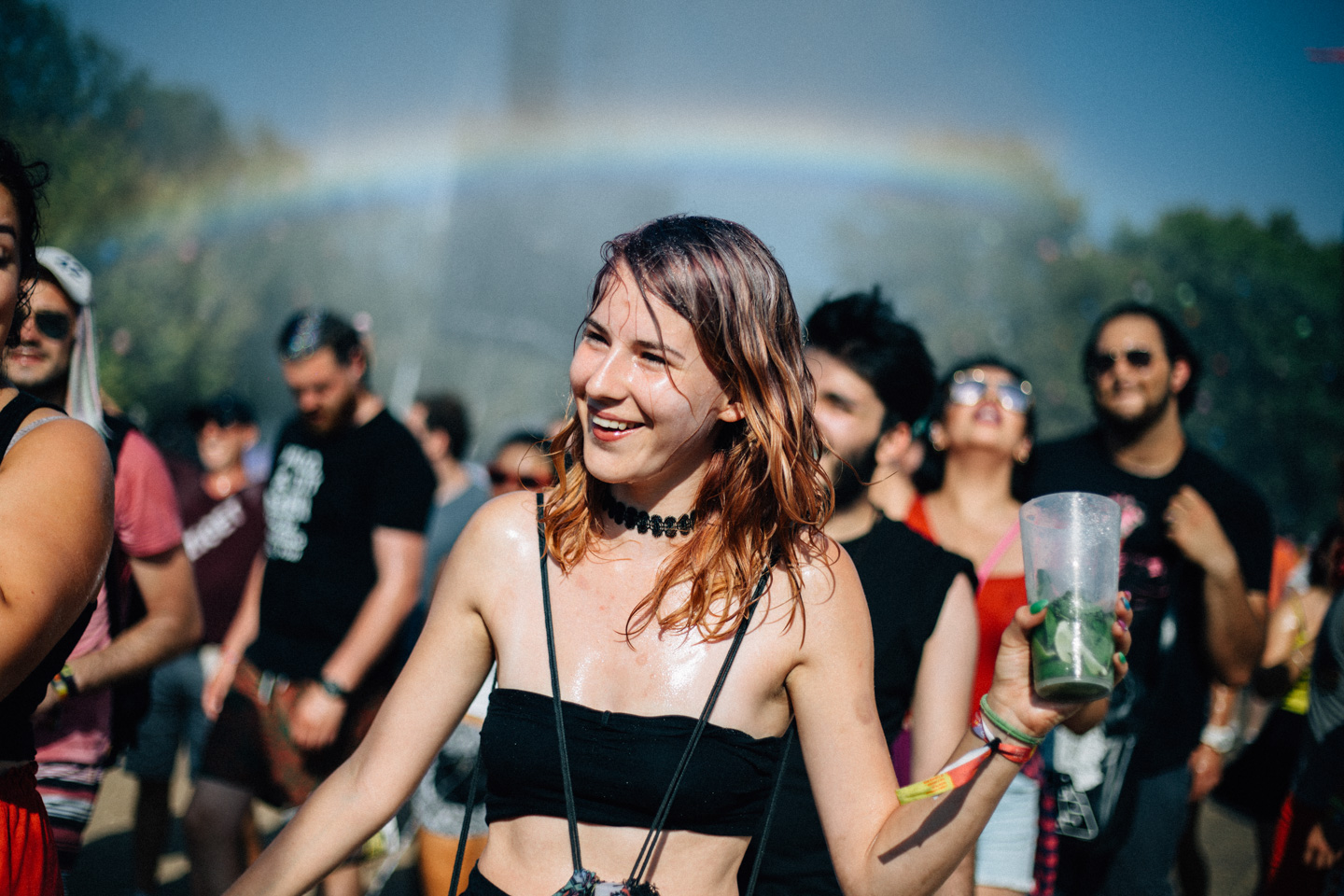Thick plastic cups are replacing single-use drinking containers in Budapest’s cafés and bars. Plain or printed with custom-made designs, these new vessels for holding liquid can be reused multiple times before they undergo a selective collection process. Currently being distributed in half-litre sizes, these eco-friendly glasses are available at multiple hangouts citywide, including ruin bars Fogasház and Instant, riverfront PONTOON and Valyo Beach. This initiative also signals that ventures in Budapest are becoming increasingly committed to protecting the environment.
With a lifespan of 100 uses, these more solid disposable cups are winning over single-use plastic citywide. Guests at several Budapest bars can already spot and receive one of these reusable cups by paying a deposit of 200 to 400 forints, redeemable when returning the glass. This is a great step forward for locales and festivals that don't use glass glasses to prevent accidents.
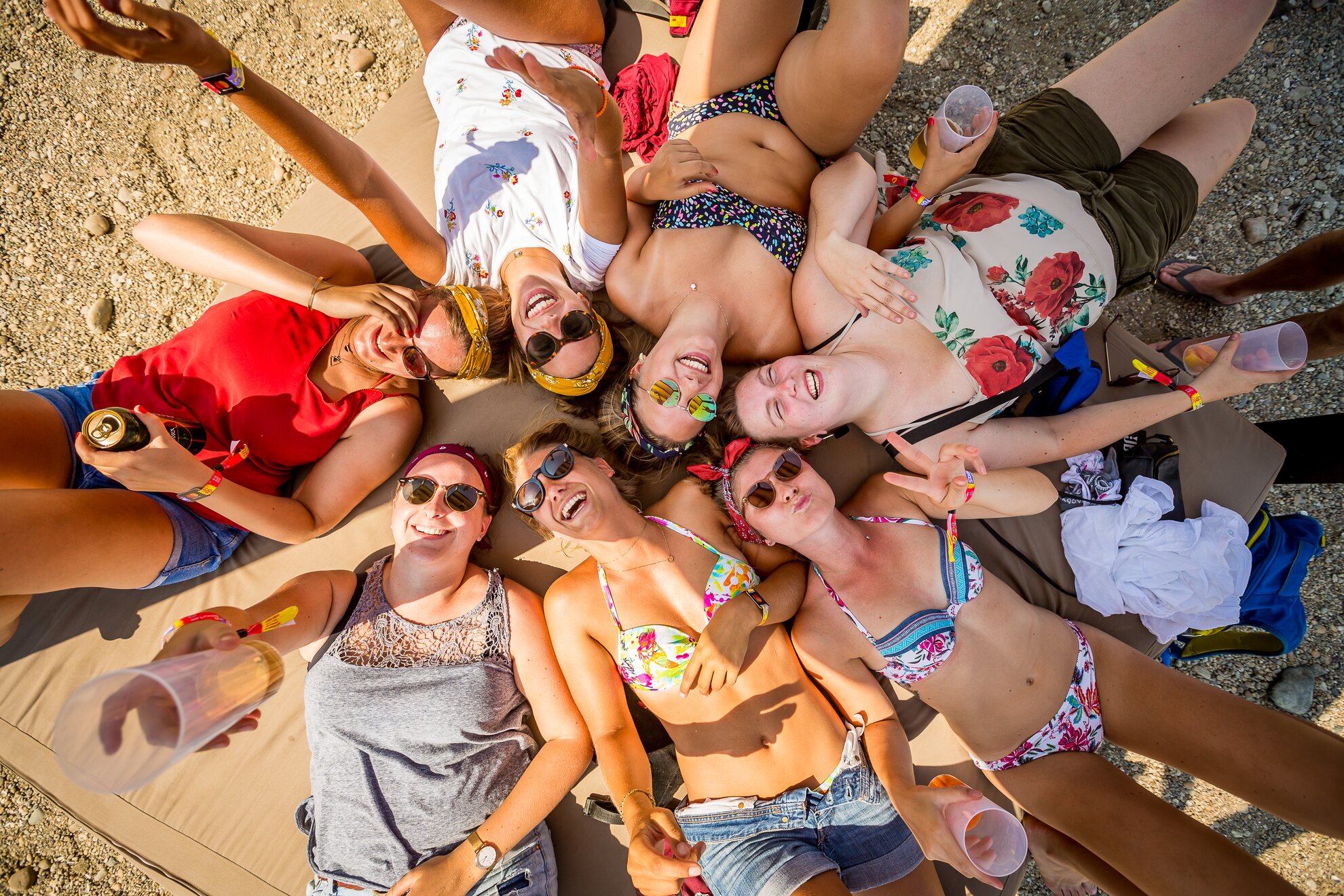
Made of hard plastic, this product is more cost-effective to recycle when compared to the same cups made of PLA, a biodegradable and bioactive thermoplastic derived from renewable resources. While PLA vessels made with corn starch or other natural materials are even more gentle to the ecosystem, decomposing them needs special techniques that have not yet been widely available in Hungary.
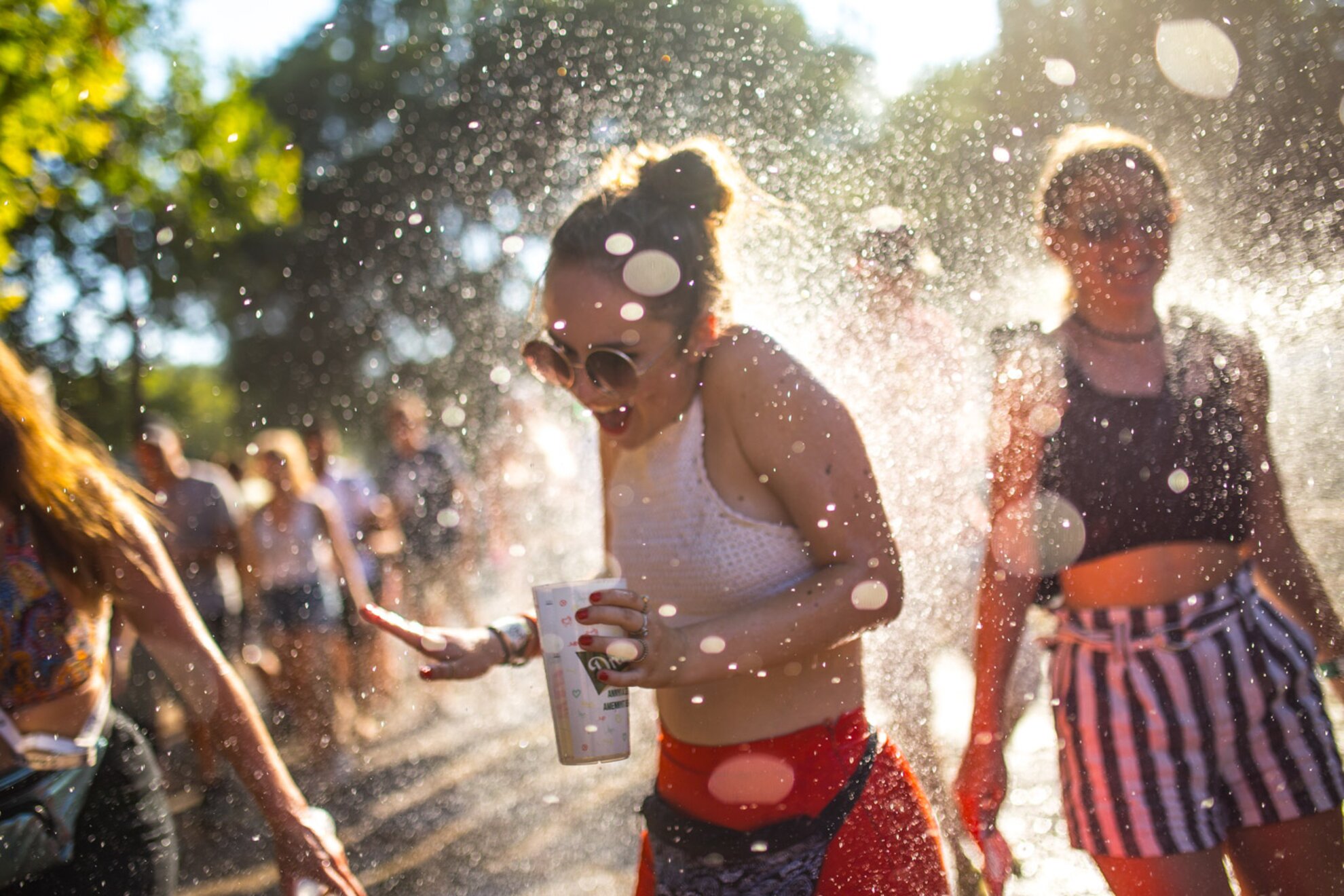
Though it’s been gaining attention lately, offering drinks in reusable plastic cups is not a new initiative. The local Zöldövezet association for protecting nature was among the first to promote this product in Hungary.
Earlier this year, Sziget organisers announced that the same cups would be introduced for the 2018 festival among other sustainable measures to reduce the ecological footprint of this week-long jamboree. With this step, the festival managed to reduce its environmental impact significantly. Currently, drinks are served in similar cups at the Fogasház-Instant complex, PONTOON, Valyo Beach, Kabin, Fellini Római Kultúrbisztró, Telep and Bliss 42.
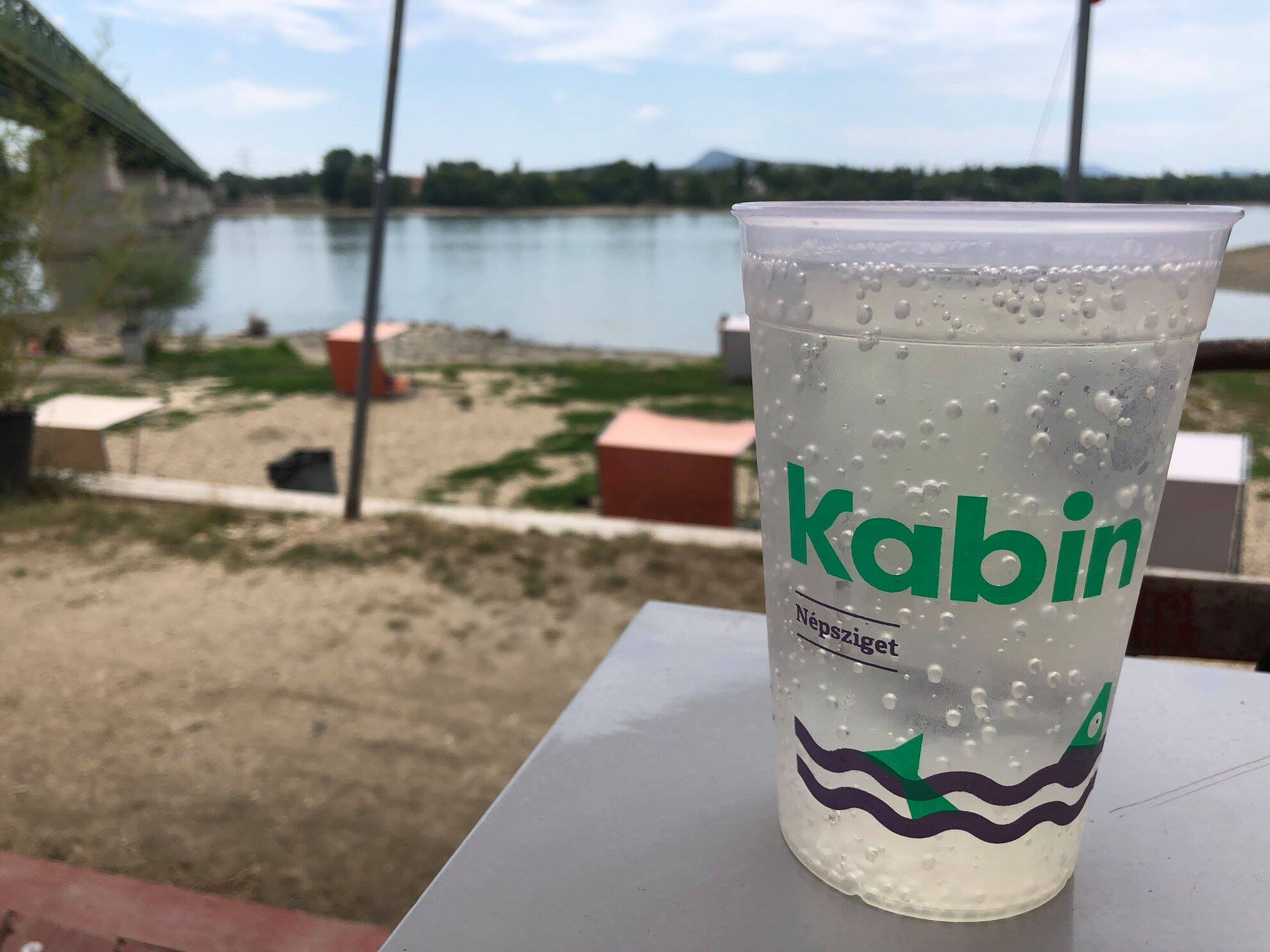
Previous Budapest campaigns aimed towards sustainability have recently included the Straw Free August initiative and Plastic Free July, both requesting guests to skip single-use disposables that are harmful to nature. Meanwhile, Ligeti Bolt was launched in District XIII as the city’s first zero-waste shop, where plastic packaging and bags are nowhere to be seen. Earlier this year, the local No Plastic Fantastic association was formed, with the aim of banishing polluting PET bottles, cups, glasses, plates and straws from Budapest venues and festivals.
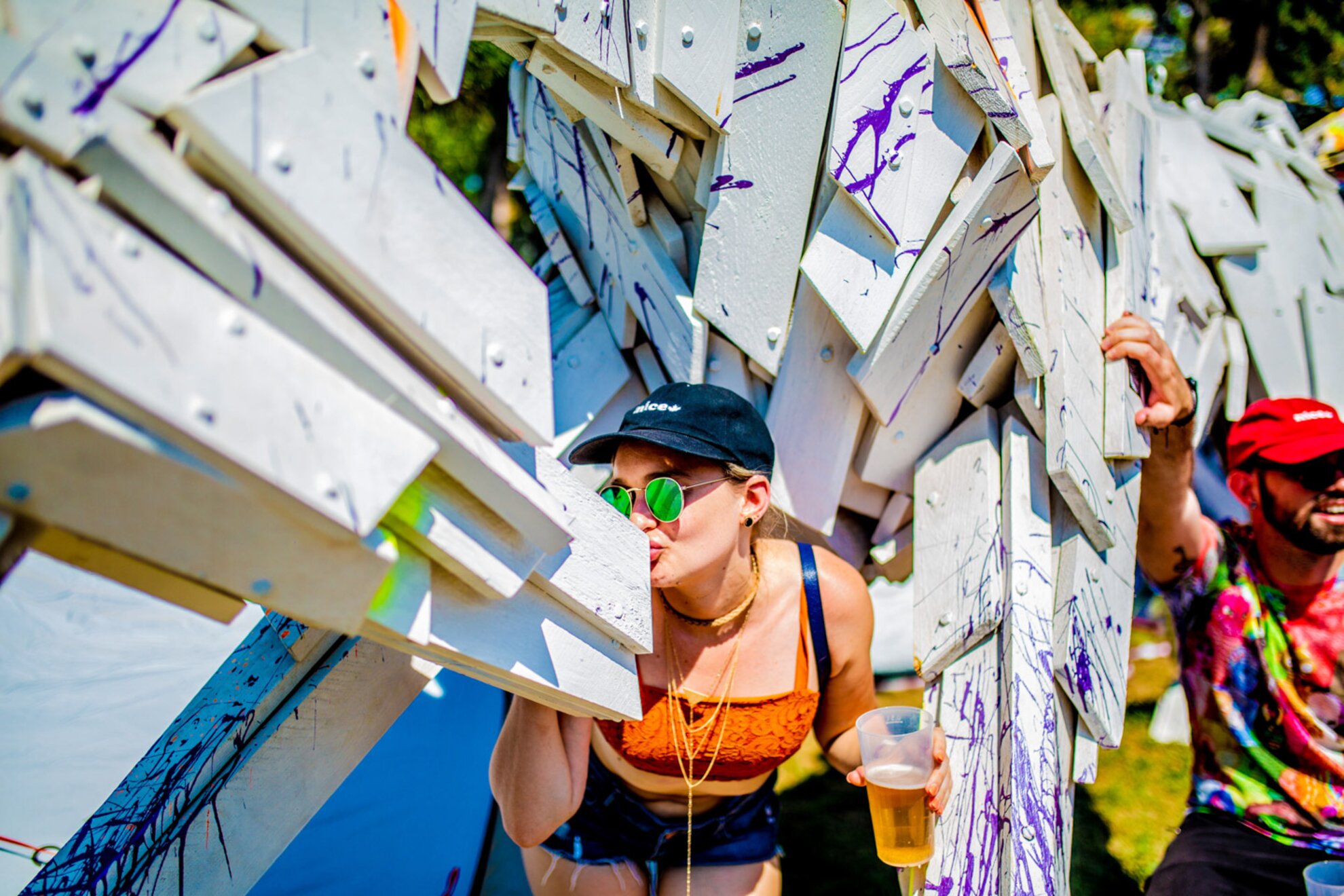
According to the WorldWildlife Fund (WWF), millions of tons of plastic enter the Mediterranean Sea each year, turning the region into a dangerous plastic trap. The Great Pacific Garbage Patch, a floating island of plastic rubbish estimated to be twice the size of France, is one of the most distressing examples of such pollution. As single-use plastics cannot be recycled in most places, it can take these commodities hundreds of years to decompose. This affects marine species that often mistake plastic for food and end up choking and dying because of the material’s poisoning effect. And, as it’s travelling up the food chain, plastic particles can eventually be ingested by humans, too.
